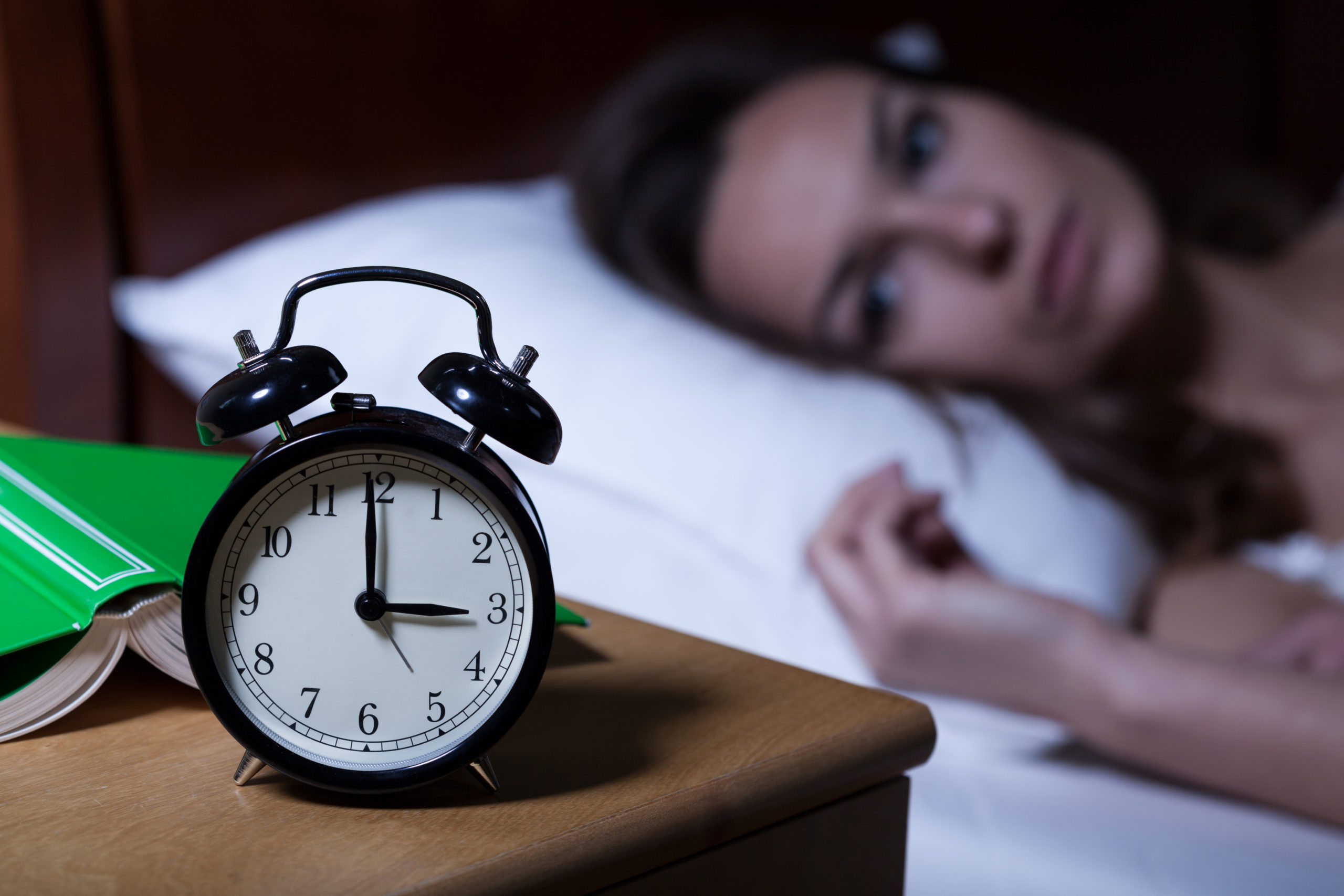Insomnia is a common withdrawal symptom for drug and alcohol addicts, especially in the early phases of recovery. When you find yourself routinely lying in bed wide awake at 3 a.m., physically tired but unable to slow your racing thoughts, it can not only be frustrating, but can also impact your mood and health. If you are struggling with disrupted sleep in recovery, there are ways you can address it.
How Sleep Quality and Addiction Recovery Are Linked
Prolonged drug use produces marked changes in the brain. Disrupted sleep quality is one of the side effects of these changes. If you’ve been clean for a while, it’s logical to assume your sleep would naturally become more regulated. However, even when these substances have been out of your system for months, the sleep-altering effects can remain, causing you to toss and turn all night or have upsetting nightmares that wake you up.
If you are currently receiving substance abuse treatment, your issues with sleep quality probably began long before you sought help. One study found people with an active substance abuse disorder are five to 10 times more likely to develop sleep problems than their sober counterparts. That’s because frequent chemical use interrupts the normal, healthy sleep cycle.
The Role of Sleep in Recovery
According to a 2017 study from Penn State, quality of sleep links directly to both a recovering person’s mood and their instances of cravings throughout the day. This is the first study to document a connection between sleep, mood and drug cravings, indicating quality sleep in recovery is a critical ingredient.
Ways to Get Quality Sleep in Recovery
If you are new in recovery, it is more crucial than ever to get enough of the sleep your body needs to restore itself. If you find yourself regularly struggling to fall asleep and get the requisite seven to eight hours of shuteye a night, there are several steps you can take to help promote healthy sleep in recovery while your body and mind continue to heal.
- Create a sleep-wake schedule and stick to it, even on weekends.
- Discover a relaxing bedtime ritual, such as meditation, gentle stretching or taking a warm bath.
- Avoid large meals, caffeine and nicotine several hours before bedtime.
- Eliminate light and outside distractions as much as possible.
- Consider counseling techniques such as cognitive behavioral therapy to explore your emotions and learn some additional relaxation ideas.
Ready to Start Fresh? We’re Here to Help
New Found Life offers qualified addiction recovery programs in Long Beach, CA. We are here to help you take the first steps toward embracing health and sobriety. Contact us today to request help and verify your insurance coverage.

